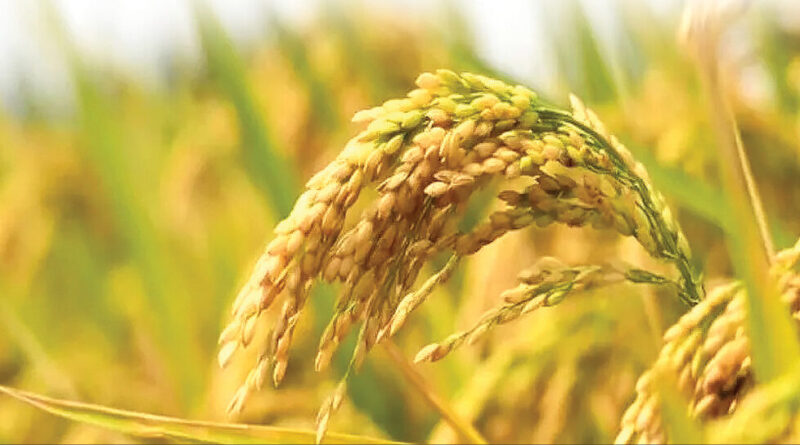Agri scientists warn against “premature release” of gene-edited rice
By Shagun
A group of 20 agricultural scientists from across India has expressed serious concerns over the Union agriculture ministry’s early May announcement regarding the release of gene-edited (GEd) rice varieties.
Scientists have called the move “premature” and warned of far-reaching consequences for India’s agricultural sector, farmers’ welfare and national seed sovereignty.
The forum of ‘Agriculture Scientists Manch’ specifically questioned the use of the CRISPR-Cas9 genome editing technology, highlighting its foreign origins and the risk for India becoming dependent on multinational corporations (MNC) for seed rights.
On May 4, 2025, the Union Minister of Agriculture and Farmers’ Welfare released two genome-edited rice varieties — DRR Rice 100 (Kamala) and Pusa DST Rice 1 — with an aim to increase production as well as drought and salinity tolerance.
The Indian Council of Agricultural Research (ICAR)-Indian Institute of Rice Research in Hyderabad developed DRR Rice 100 (Kamala) based on Sambha Masuri (BPT-5204) and ICAR-Indian Agricultural Research Institute in New Delhi developed Pusa DST Rice 1 based on Cotton Dora Sannalu (MTU 1010).
The government claimed that the two have the potential to bring about “revolutionary changes” in terms of higher yield and reduction in greenhouse gas emissions.
Following the release, multiple scientists raised biosafety concerns. They flagged that the CRISPR-Cas9 technology can give rise to unpredictable genetic errors or genetic changes, also known as unintended mutations.
In a letter to Prime Minister Narendra Modi on June 7, the Agriculture Scientists Manch outlined a series of risks associated with the introduction of GEd rice. Reiterating the concerns about “off-target mutations” and genetic contamination, the scientists said that it could negatively impact India’s diverse rice germplasm and damage the credibility of its $1.2 billion organic rice export market.
Further, highlighting that the technology is not indigenous, the letter said that India would have to procure licenses from foreign Intellectual Property Rights holder multinational companies for commercial cultivation.
“It can make our farmers dependent on their mercy for seed, as experienced in the case of Bt cotton after its release in 2002,” the letter read.
Drawing parallels with Bt cotton, the scientists cited how the aggressive push by MNCs and seed traders to expand the sale of Bt hybrids led to near-complete replacement of indigenous cotton varieties, ecological imbalances and farmer distress. It resulted in pest resistance and increased suicide rates among cotton growers, among other impacts.
The scientists also criticised the event held on May 4 for release of varieties and called it a “clear bypass” of Central Variety Release Committee protocol.
“…the GEd rice was presented as ready for use, despite the fact that the lines have not yet cleared,” the scientists wrote in the letter. This means that the breeding lines of the crop have not yet passed the evaluation processes of the Committee.
The scientists urged government intervention in safeguarding the interests of Indian farmers and farming at large.
This article has been republished from The Down To Earth Magazine.

